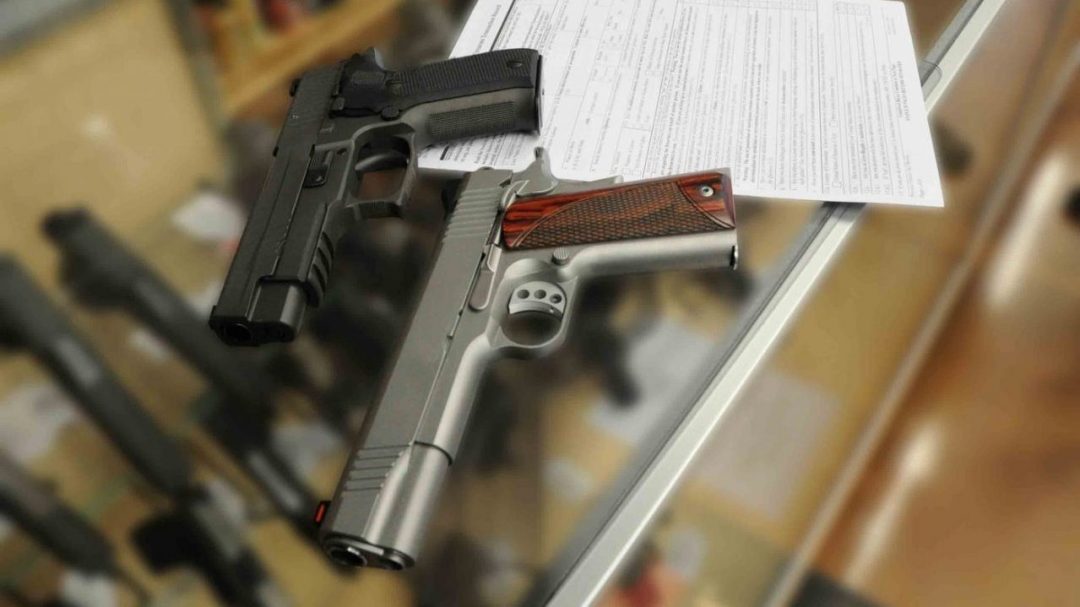Report Says Michigan Often Fails to Protect Victims from Armed Abusers
Michigan is one of 13 states that leaves it up to judges to decide if people with personal protective orders against them should be able to have guns.

Rosemarie Reilly was shot and killed in a murder-suicide in Kent County, Michigan in 2016. Reilly had a personal protection order (PPO) against her murderer, Jeremy Kelley. She told the judge who issued the PPO that Kelley had firearms and had threatened to use them. The 21-year-old nursing student wrote, “He told me if I left him that he would kill himself and ruin my life.” But the judge, Daniel V. Zemaitis, did not order Kelley to give up his guns.
“We did research in four states… to look at how much of a correlation there is between when a person says they are in danger of being shot and when a judge grants a gun restriction… and what we found was very little correlation at all.” — Ann Givens, The Trace
“In fact, of the 31 women who went to the Kent County Courthouse in Grand Rapids that month and swore that their partners had threatened to shoot them, only nine came away with protective orders that told their partners to relinquish their weapons,” writes Ann Givens, an investigative reporter with The Trace, in a new report that details the ways states approach gun restrictions for people who have PPOs against them.
Listen: Ann Givens of The Trace talks about her reporting on Michigan’s approach to gun restrictions for people who have PPOs against them.
Guest
Ann Givens is an investigative news and feature writer at The Trace, a national news nonprofit covering guns in America. Her newest investigation includes Michigan and is titled “In 13 States, a Judge Decides Whether an Abuser Is Allowed To Keep Their Guns.”
Her piece looking specifically at Reilly’s murder is titled, “When Protective Orders Don’t Protect.”
“We did research in four states — Michigan, Arizona, New Hampshire, and South Dakota — to look at how much of a correlation there is between when a person says they are in danger of being shot and when a judge grants a gun restriction,” says Givens. “And what we found was very little correlation at all.”
“There’s no clear guideline that judges are asked to use,” she says. “Some thought should go into greater consistency on these orders.”
Trusted, accurate, up-to-date
WDET is here to keep you informed on essential information, news and resources related to COVID-19.
This is a stressful, insecure time for many. So it’s more important than ever for you, our listeners and readers, who are able to donate to keep supporting WDET’s mission. Please make a gift today.
